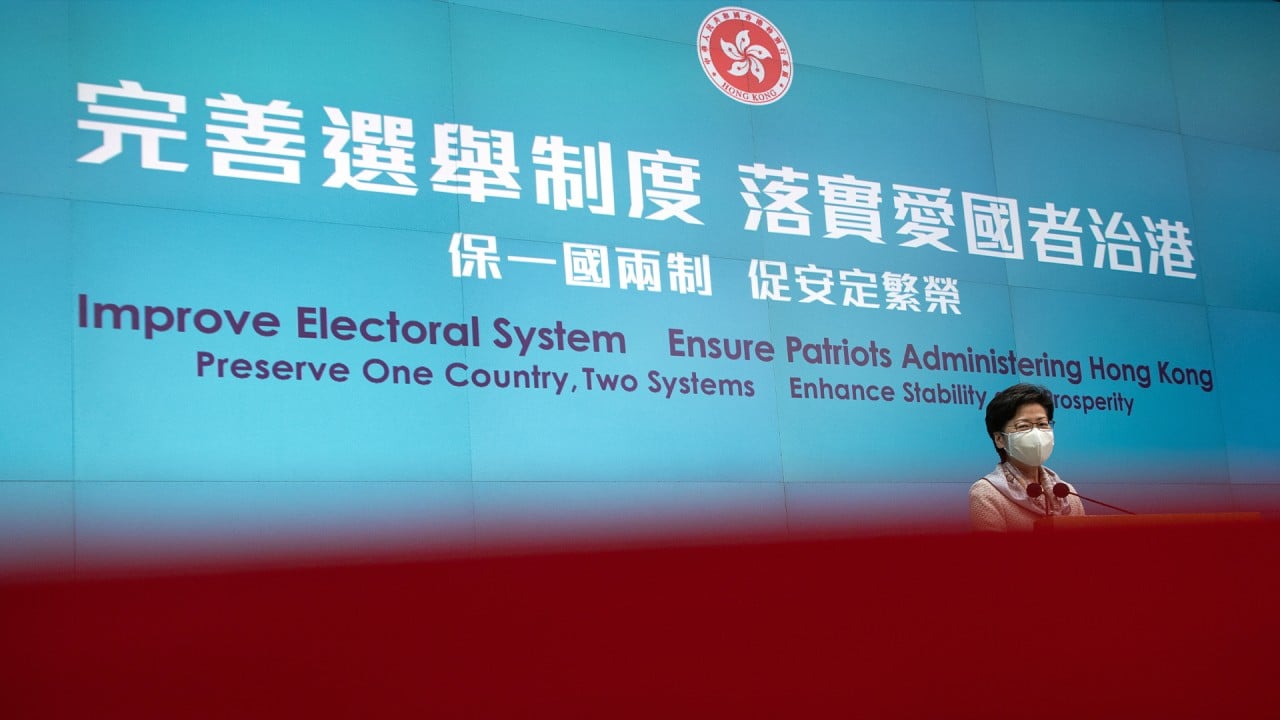Advertisement
Advertisement

Letters | Hong Kong electoral reform: why I support the return to ‘democratic elitism’
- This is a system that worked well in colonial times – with everyone free to criticise the government but only outstanding individuals allowed to govern
I wholeheartedly support the recent electoral overhaul in Hong Kong. In his column of April 1, Alex Lo disagrees with former chief executive Leung Chun-ying that the electoral system has become more democratic. Rather, Lo justifies the “top-down” move as a necessity in light of the social unrest in 2019.
Firstly, I wonder what he thinks of the British parliament then, with its lower chamber fused with the executive and upper chamber composed entirely of political appointees. If Britain can have its own style of democracy, why can’t Hong Kong?
Secondly, we need to approach politics pragmatically and seek truth from facts, not from ideologies. A good political machine does not operate in a vacuum, but for the betterment of people’s livelihoods.
Over the years, Beijing has gone to great lengths to enlarge the role of mass elections in the Legislative Council. Sadly, this left us with a highly dysfunctional legislature, dominated by radicals and buffoons.
So, I am delighted to see the return of “democratic elitism”, which was effectively practised in colonial times. While everyone is free to criticise the government, only outstanding individuals from a cross-section of society can take part in governance. Mainland scholar Tian Feilong is absolutely right, albeit rude, in saying that the city needs no “loyal trash”.
Critics often decry consultative democracy as dictatorship in disguise, unfettered by any checks and balances. In my view, it helps facilitate a healthy and progressive political establishment, on which socio-economic development depends.
A one-man-one-vote political system is like providing free lunches, with self-serving politicians playing to the crowd to garner votes.
How Britain inspired Beijing’s changes to Hong Kong’s governance system
How Britain inspired Beijing’s changes to Hong Kong’s governance system
Granted, an executive-led government will only be constructive if public servants are competent and in some ways accountable. Still, in Hong Kong, it is hindered by a stuck-up judiciary seemingly existing in a sphere of its own, above the two other powers.
Above all, I take great exception to the notion that the electoral reform has spelt the end of “one country, two systems”. The city’s strengths are all alive and well: the freedom of speech and assembly, political pluralism, cultural diversity, and crucially, the common law and the capitalist system.
Imagine, without the reform, that anti-China forces continue to penetrate the key organs of the government in the run-up to 2047 – when the one country, two systems policy is set to expire. Guess what Beijing would do then?
Norman Wan, Aberdeen

1

